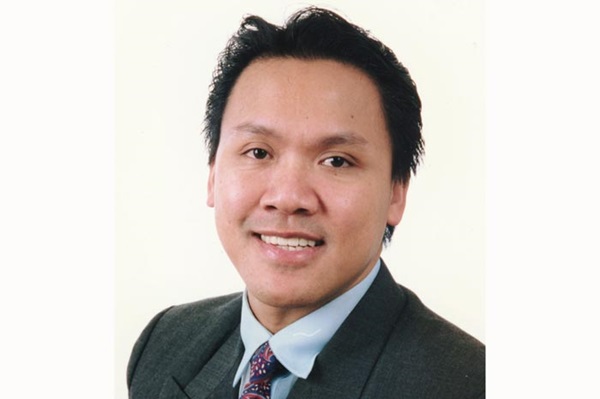The General Board of Church and Society provides a ministry of presence and representation at the United Nations. This United Methodist agency and other are supported by your World Service Fund dollars.
The agency's work gives United Methodists first-hand experience and exposure to global processes that aim to develop consensus and common action on pressing world social issues.
GBCS representatives present the official position of The United Methodist Church to the U.N. on a variety of issues. Their goal is help both groups understand issues shared all the way from the global arena to local places.
"To prosper and promote 'glocality,' (combining the words global and local) the board's U.N. ministry has a network of people in the global connection who participate in the 'Isaiah Circle,'" said the Rev. Liberato C. Bautista, assistant general secretary of U.N. and international affairs for the agency.
The Isaiah Circle includes some 500 United Methodists from around the world who make up the growing church wide network of advocates for United Nations and international affairs concerns. "Organized by GBCS," Bautista said, "it helps shape, define and cultivate the United Methodist positions that the board wants to highlight in places where (United Methodists have) mission and social action work."
The church's work in international affairs goes back to 1934 with the establishment of the Commission on World Peace. Renamed the Methodist Board of World Peace in 1952 and the Division of Peace and World Order in 1960, these predecessor bodies of the Board of Church and Society made an indelible mark on how The United Methodist Church influenced foreign policy and international affairs in general and the life and work of the U.N. in particular.
The board's current top U.N.-related issues are global migration, indigenous people and climate justice which helped Church and Society:
- Play a key role in an ecumenical effort dealing with global migration, especially forced migration (including human trafficking and asylum seeking).
- Collaborate with indigenous peoples and those in the process of decolonization in asserting their human rights, including right to self-determination.
- Advocate for climate justice at the U.N. level. It is the only United Methodist agency with U.N. work accredited by the U.N. Framework Convention on Climate Change. That has allowed it to observe and intervene in climate negotiations for more than a decade, including the recent passage in Paris of an unprecedented climate agreement.
Advocacy for human rights includes continuing work on war and peace-related issues, including addressing violations of civil, political, social, economic and cultural rights.
"This ministry to and at the United Nations is a ministry of and by the Christian church,"Bautista said. "It is pastoral and intentional, historical and contemporary, biblical and theological.
"It is a ministry to the world by Christians participating in the shaping and evolving of ethical responses to the cares and dares, concerns and challenges, and struggles and solidaritiesof our international and contemporary world."
Researched, compiled and written by Barbara Dunlap-Berg, former internal content editor at UMCom, and Polly House, freelance writer and editor.
One of seven apportioned giving opportunities of The United Methodist Church, the World Service Fund is the financial lifeline to a long list of Christian mission and ministry throughout the denomination. Please encourage your leaders and congregations to support the World Service Fund apportionment at 100 percent.





